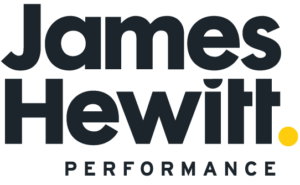It seems that working from home has raised the bar for being sick. At the same time, many employers were worried about employees’ productivity dropping when they shifted to remote working. They shouldn’t have been. Some studies indicate that home-working led to a 13% performance increase. 4% of this improvement was attributed to employees being more productive, likely thanks to a quieter working environment. However, fewer breaks and sick days account for 9% of the increase.
For example, recent research from Stanford University, based on data from a 16,000-employee, NASDAQ-listed travel agency, reports that sick days fell by 12% for employees who work at least some of the time remotely. So, what is going on? Are people getting sick less often? Unfortunately, not. Instead, working from home makes it easier for employees to continue working even when sick.
Could an algorithm tell us if we’re too sick to work?
But what if a system could automatically determine whether you should come into the office when you called in sick? Scientists have developed a new algorithm which can diagnose a cold from changes in someone’s voice.
The approach has been established for several years because inflammation associated with infections swells the tissue in our vocal cords, making them vibrate at a lower pitch, changing the acoustic properties of our voice. However, researchers developed a new classifier by analysing a set of recordings from 630 people in Germany. This dataset is rare; as such, a high proportion of the recordings (18%) were made by people who were suffering from a cold.
Existing datasets are often highly imbalanced, with only a small percentage of samples belonging to the positive (i.e. cold) class. This can lead to the algorithmic classifiers being biased toward the majority class (i.e. no cold), as they are trained to minimise classification error, increasing the likelihood of false negatives. The algorithm is still not perfect – but it was able to make a correct diagnosis ~70% of the time – which is higher performing than prior attempts.
Having a cold can impair cognitive performance equivalent to being taken to high altitude without sufficient oxygen
In the meantime, the lack of clarity around sick-leave rules in the hybrid era of work may play a role; just because you can work from the sofa while nursing your cold, should you? I would argue that the answer is “no”. Working when we’re sick is likely counterproductive. For example, some research indicates that a common cold can impair cognitive performance to a level equivalent to drinking alcohol or being taken to high altitude without sufficient oxygen.
This challenge is an opportunity for leaders and managers to set an example by taking days off when they’re sick and being honest about it. Team members will feel more able to look after themselves when they feel ill if people in positions of influence model self-care.




